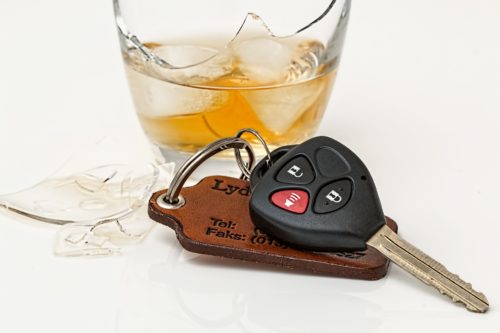
Driving under the influence (DUI) in the state of New Jersey can have long-term consequences. Because of this, some people may consider sleeping in their car while they have alcohol in their system to avoid a potential DUI charge. However, it is important to know that this will not protect you from a DUI conviction. Going to sleep in a car while drunk can still be considered drunk driving if a police officer apprehends you. If you have recently found yourself under such circumstances, contact a Gloucester County DWI lawyer at The Vigilante Law Firm for more information regarding your case.
What happens if I am caught sleeping in my car while drunk in New Jersey?
To be charged with a DUI in New Jersey, you must have a blood alcohol concentration (BAC) of 0.08% or higher while operating a vehicle. While sleeping in your car may seem like the responsible thing to do in order to avoid driving drunk, that does not guarantee you will not be charged for a DUI if you are caught. New Jersey state laws do not differentiate between driving and operating a vehicle even if it is stationary. This means that if your engine is running in any capacity while you are sleeping in your car, that can be grounds for a DUI charge.
However, it is essential to know that DUI convictions are not solely predicated on you operating your vehicle with a BAC above the legal limit. Even if your engine is off while sleeping in your car drunk, you could still be found guilty of a DUI offense due to potential intent to drive while intoxicated. It is worth mentioning that this same line of reasoning could also apply if a police officer witnesses you walking toward your motor vehicle in an inebriated state.
What are the penalties for sleeping in my car while drunk in New Jersey?
Because sleeping in your car while you are drunk is considered a DUI in New Jersey, the same penalties that would apply to any other DUI offense would apply to you as well. Despite DUI charges only being considered severe traffic violations in New Jersey, you can still face serious consequences. This could mean paying fines up to $400, suspension of your license, jail time, required installation of an ignition interlock device, and mandatory attendance of an intoxicated driver resource center. Although, depending on a variety of other factors such as your BAC level, repeat DUI charges, and other crimes committed at the time of the incident, the severity of these penalties can drastically increase.


